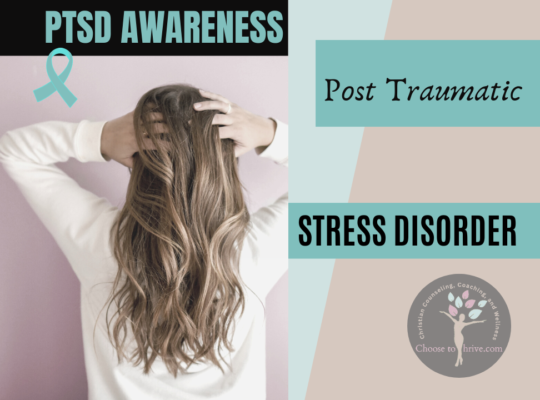Self-Compassion in Mental Health: Transforming Your Emotional Well-Being
I often say, “Wherever you go, there you are, you might as well enjoy the ride.” In order to do this, you have to be good to yourself in your thoughts and intentions. Today we are talking about the power of self compassion, the one often overlooked tool in maintaining our mental health and wellness. Self-compassion involves treating yourself with the same kindness, understanding, and care that you would offer to a close friend. It is a crucial aspect of emotional well-being and can significantly impact your mental health.
What is Self-Compassion?
Self-compassion is the intention of being kind, loving, forgiving, and accepting of yourself. I often have to remind clients that the command is to love God with all your heart, and love your neighbors, AS YOURSELF. The same love, compassion, forgiveness that we offer to others, we must offer the same to ourselves. Leaning to be gentle and understanding with yourself, especially during times of failure or difficulty. Recognizing that everyone makes mistakes and experiences pain, and that you are not alone in your struggles. Practicing mindfulness which is being present in the moment and observing your thoughts and feelings without judgment.
Benefits of Self-Compassion
Practicing self-compassion has numerous benefits for mental health. It can help reduce anxiety, depression, and stress while increasing resilience, emotional intelligence, and overall life satisfaction. When you treat yourself with kindness and understanding, you create a nurturing environment to grow, heal, and thrive. Self-compassion also fosters a positive self-image and enhances your ability to cope with life’s challenges.
7 Techniques to Cultivate Self-Compassion
1. **Practice Self-Kindness:** When you experience a setback or make a mistake, speak to yourself with kindness and understanding rather than harsh criticism. Treat yourself as you would treat a dear friend in a similar situation.
2. **Embrace Common Humaness:** Recognize that everyone makes mistakes and experiences hardships. Understanding that you are not alone in your struggles can help foster a sense of connection with others.
3. **Be Mindful:** Practice mindfulness by paying attention to your thoughts and emotions without judgment. Allow yourself to experience your feelings without trying to suppress or ignore them. This can help you develop a balanced perspective on your experiences.
4. **Write a Self-Compassionate Letter:** Write a letter to yourself as if you were writing to a friend. Offer yourself words of encouragement, understanding, and support. This exercise can help you develop a kinder inner voice.
5. **Engage in Self-Compassion Meditation:** Participate in guided meditations that focus on self-compassion. These meditations can help you cultivate a sense of warmth and kindness towards yourself, promoting emotional healing and well-being.
6. **Set Boundaries:** Learn to set healthy boundaries to protect your mental and emotional well-being. This may involve saying no to certain commitments or taking time for yourself to recharge.
7. **Practice Gratitude:** Take time to reflect on the positive aspects of your life and express gratitude for them. Practicing gratitude can help shift your focus from self-criticism to self-appreciation and foster a more compassionate mindset.
Incorporating these practices into your daily life, you can cultivate a more compassionate and nurturing relationship with yourself, leading to improved mental and emotional well-being. Remember, self-compassion is not about self-indulgence or letting yourself off the hook; it’s about recognizing your worth and treating yourself with the care and respect you deserv






